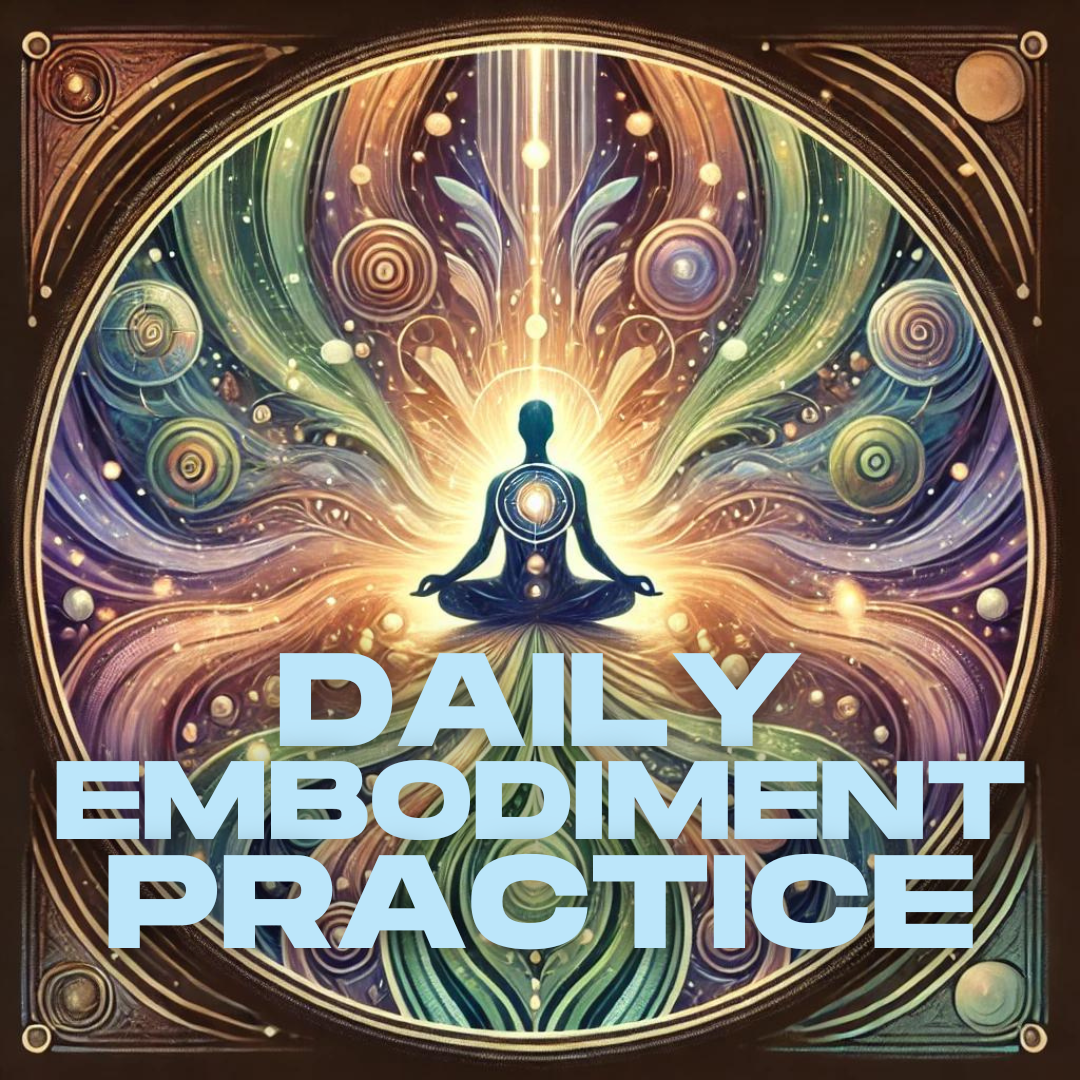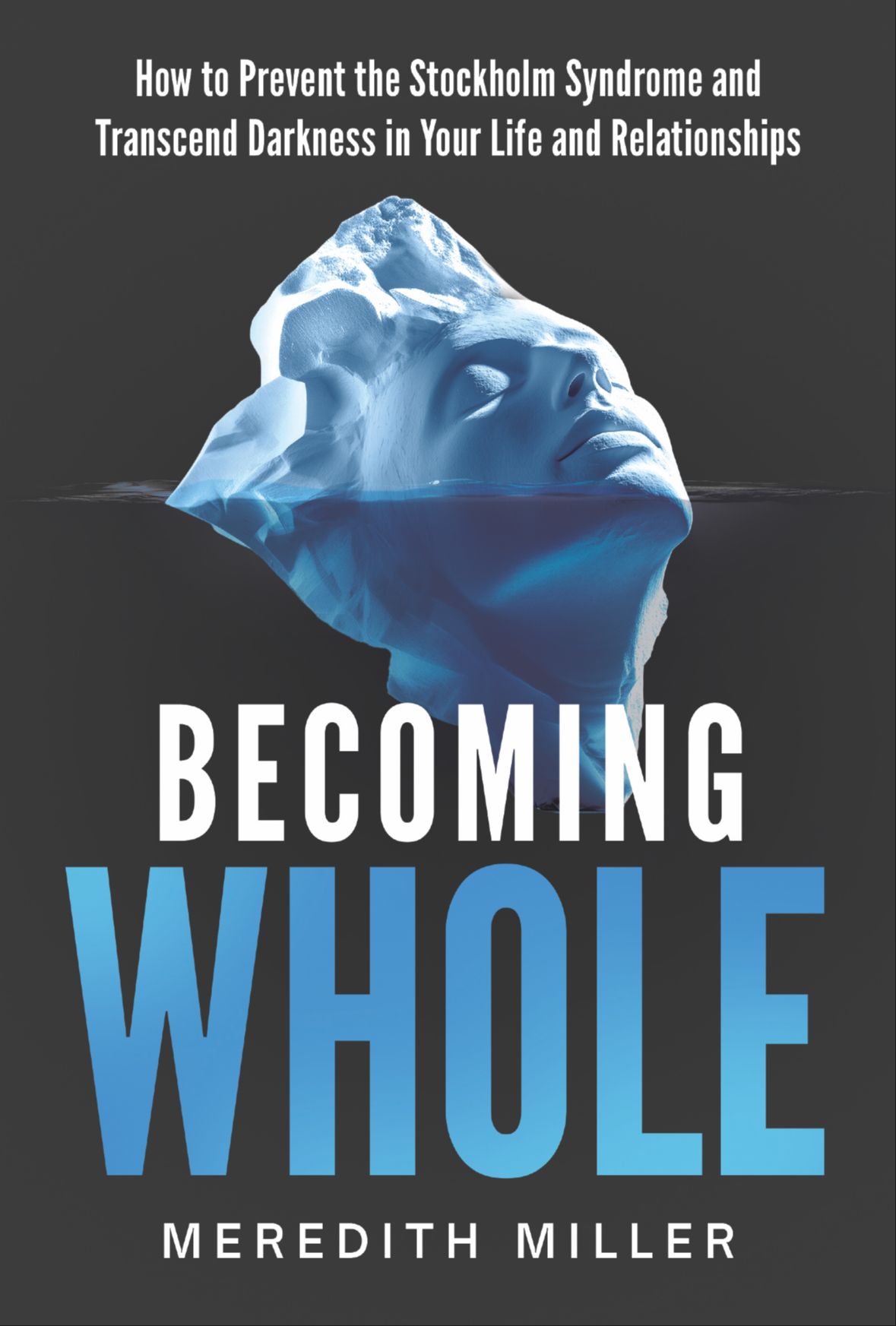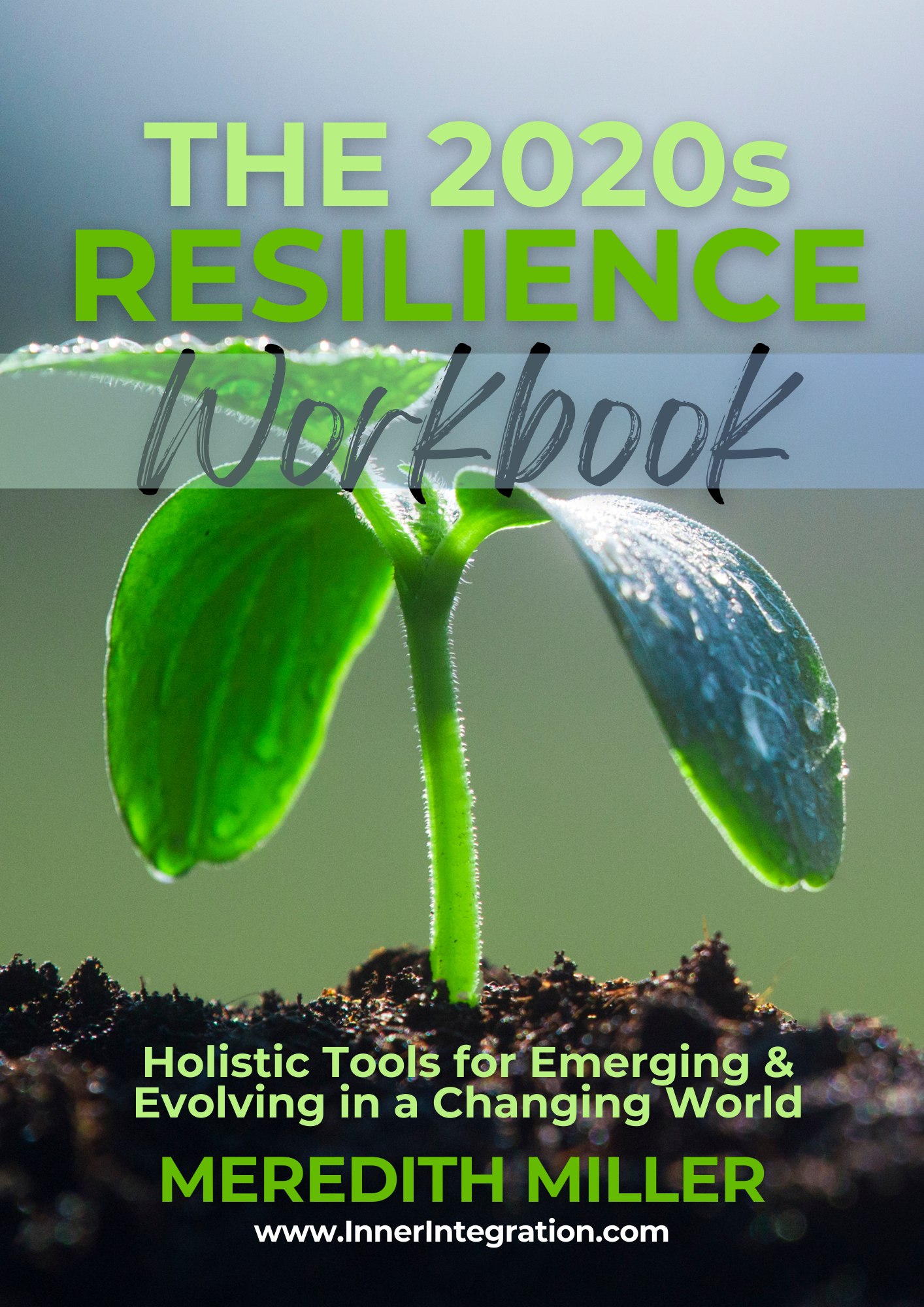Get Your Integrity Back After Disappointments in Love

I recently taught the Mental Ninjas how to raise their self-worth by guiding them through a process of identifying their core life values, then setting standards to honor those values and boundaries to protect their standards so they could get back in integrity and raise their self-worth in the process. You can get access to that course here: Raising Your Self-Worth After Narcissistic Abuse.
Self-worth gets crushed by abusive experiences.
People teach you false beliefs that you’re unworthy, you’re not enough and you don’t matter. It’s painful enough if you experience this as an adult. It’s even more devastating if this happened to you since childhood because you were raised in an abusive environment and you might have never had self-worth. After you wake up to the abuse and start working on your healing process, one of the 4 pillars of that recovery is rebuilding self-worth.
If you want to check out the training I gave the Mental Ninjas, I’ll put that link to the course, Raising Your Self-Worth, in the show notes. That course is worth 10x the investment when you put it into practice and raise your self-worth. Life before and after self-worth are like 2 very, different lives.
Now, in this episode I specifically want to explore values in relationships after the disappointments in love that inevitably come after abuse. Maybe you’re at a point where you’re starting to date again, or maybe you’re thinking about it but you’re afraid to put yourself out there and find another devastating abusive situation.
I recently did a video on When Polyamory Is Used As a Weapon by narcissists. Looking through the comments on that video, it was clear that a lot of you went through very similar experiences. The most important point of that video was: Don’t lower your standards and don’t compromise your values to maintain a relationship. That goes for polyamory if it’s not aligned with your values, or anything else that doesn’t match your values.
In the course I mentioned, Raising Your Self-Worth, you’ll explore your core life values. In this episode, I want to specifically focus on your values in relationships. This is going to help you moving forward in many ways.
First, instead of focusing on the fear of getting deceived and betrayed again (becase that will keep you on the defensive, acting out your insecurities and fears), the process I’m about to take you through will help you focus on your self-worth. That is the greatest repellent against abusers and manipulators because a person with self-worth is not an easy prey.
Knowing your values (what matters to you), and in this case, what matters to you in a relationship and life partner, helps you set up standards and boundaries in advance before you meet someone and start liking them. If you wait until after you meet someone you like, you’re much more likely to drop your standards because you haven’t identified what your values are ahead of time.
This process of identifying your values and what you’re looking for in a relationship and life partner will help you avoid participating in your own heartbreak. When we accept people and relationships that are not matching our values, we participate in breaking our own hearts. This is our responsibility to know what matters to us and to protect those values. No one else will do this for you.
Of course it’s always disappointing to discover yet another manipulator, but it’s awesome when you can do that sooner rather than later because that’s how you avoid the devastation. You can only do that when you have standards and boundaries in place that protect your values and give you the conscious parameters to maintain your integrity.
When you can identify that your values are clashing with someone else, that doesn’t necessarily mean they’re a bad person, it just means they’re not your person. We can have friends who have some different values than us, but when it comes to choosing a life mate, and many people say this is the most important decision a person can make in their lifetime, it’s important to be sure that your values match. The alternative is one or both of you end up doing people-pleasing and self-sacrificing in order to make the relationship work, which only sows the seeds of misery and unhappiness for one or both of you.
Don’t be desperate to settle for a life partner. There are 7 billion people in the world. Your person is out there. Stop letting the wrong people block the door. Be willing to be alone as long as it takes. If your energy and time is focused on someone you’re not really well matched with, you might miss an opportunity for Mr. or Miss Right to show up. There’s no shame in being single at whatever age you are.
And no, you’re not picky when you know what you want. Picky implies a superficial focus on stuff that doesn’t really matter. There’s a difference between picky and knowing what you want, having a clear intent and purposefulness in your search for a life partner. That determination puts you in about 2% of the population. The other 98% of people are just accepting whatever shows up in terms of love, friendships, work and life opportunities. They accept whatever shows up and settle for it out of fear. When you enter any relationship or opportunity out of fear, that is the surest way to fall into defeat and disappointment. When you’re in fear, you’re not showing up in faith and the best of yourself. That fear will lead to negative energy getting in and before you know it, things are falling apart again.
Surely we all have defeats in love in our past. That’s okay. Instead of focusing on the fear of that defeat repeating again, ask yourself:
what’s the blessing or learning opportunity that you can take forward after those experiences? Don’t confuse temporary defeat with permanent failure.
So are you ready to do an exploration exercise to discover your relationship values?
Remember you’ve got to know what you want and be intentional in how you go about finding it, otherwise you’ll accept anything that shows up.
Ask yourself, what’s most important to you in a life partner?
Now maybe you prefer the word husband, wife, girlfriend, boyfriend, etc. That’s fine, use the one you feel most comfortable with. Write those values down, what really matters to you in your desired life partner. Keep in mind, we’re going for character qualities, not shallow, superficial stuff like 6’ tall, blonde hair, hazel eyes, big boobs, etc. None of that stuff really matters when it comes to love, and in fact the superficial pursuit of such things is more of a reflection of your own insecurities. What you’re looking for in this exercise, is depth of character.
Now, maybe you’re really stuck because you don’t know or can’t seem to articulate what those character qualities would be. So go ahead and think of 3 men (or women, depending on who you’re looking for) and write a list of about 10 character qualities in each of them that you admire and respect the most. Maybe you’ll see some qualities in common between all 3 of them.
Here are some examples: loving, devoted father/mother, strong, funny, generous, smart, faithful, monogamous, always working on personal growth, purposeful, emotionally available, spiritually and emotionally mature, aware beyond the veil of societal programming, courageous, determined, gentlemanly yet rugged… you get the point. Write those down. Of course you can hit pause on this recording to do that.
The next exploration is to ask yourself, how do you want to feel in a relationship with your life partner?
Here are some examples to get your creative flow going. Now you might write these specifically to how you want to feel (in the term “I” while knowing that you will offer the same to your partner in return) or maybe some of these involve the term “we”:
I matter to him and he matters to me.
We help each other continue to grow.
We care deeply about each other’s wellbeing.
We emotionally support each other.
We have open, direct communication.
We are honest with each other, even when it’s difficult.
We are faithful to each other, honoring our vows of monogamy.
We are a team and we have each other’s backs.
We show our love by touching and snuggling a lot.
We cultivate passion for the long run.
We celebrate each other’s successes without feeling threatened.
I admire him for his strength and purposefulness, which makes me feel safe.
I admire his determination and his ability to succeed with his passions and purpose.
I feel safe because I always know where we stand together due to our ability to communicate, even about the difficult things.
I prefer that we fight about the tough stuff and work it out rather than use silence and harbor resentments.
Now maybe your values are really different than mine and yours sound a lot different, that’s okay! The important thing is that you identify what yours are.
Write down all the ways you want to feel with your partner. Be specific and intentional with the universe because any holes you leave will likely get filled with the negative. For example if you’re intending: “I just want to meet a man who wants to spend time with me” (and you might come up with this because the last guy you dated was rarely available and didn’t make time for you), but the universe might send you a man who wants to dominate all your time for what he gets out of it but this time investment doesn’t necessarily equate to the kind of love that you want to feel, and could actually be someone using you. See what I mean?
Be specific and write it down. Journal, write a worksheet or create a vision board, whatever you feel most drawn to do. When you write down your goals, they are much more likely to happen. Just like we have goals with work and career, we also need to have them about love and relationships. Without goals, we are aimlessly drifting through life and that leaves open the space for negativity to get in.
Once you identify what matters to you in a relationship and what you’re looking for in a partner, that gives you the foundation with which to screen your dates. You can ask questions casually in the conversation to see how well-matched your values are. Remember if you want to find your allies, you’ll need to speak the truth. Don’t beat around the bush about what’s important to you because that leaves space for ambiguity and misunderstandings. Be courageous and direct.
Of course, some people will lie to you and tell you what they think you want to hear but if someone turns out to be a liar and a cheater, you can’t blame yourself for assuming otherwise. They explicitly lied, so that’s on them. It still hurts but you know the worst hurt is when you let yourself down. So ask about the important things.
Keep your eye out for inconsistencies of speech and behavior. That’s usually a red flag of lying or manipulation or someone who just doesn’t know what they want, and chances are you don’t want someone who is stuck in any of those places.
Knowing your relationship values, articulating and writing them down will help you avoid the subconscious seeking of the relationship dynamics that you observed with your parents. That created your love and relationship template and it will stay with you until you consciously decide and intend otherwise.
Get clarity about what you want and what matters to you, which hopefully you’ve started to identify during this episode. Take the time to really explore that and write it all down. Then you’ll have the foundation with which to create your standards and boundaries to protect what matters to you. That’s how you will stay in integrity and rebuild your self-worth.
If you want a step by step guide on creating standards and boundaries around your values, check out that new course I mentioned, Raising Your Self-Worth.
If you’re looking for a licensed therapist to help you recover after narcissistic abuse, you might want to check out BetterHelp. It’s an online portal of licensed therapists who provide affordable, online therapy at your convenience. You can chat with your therapist or even do online sessions. That’s https://betterhelp.com/integration . You’ll see the link in the show notes. That will take you to their intake questionnaire. Be sure to select Trauma & Abuse as one of the areas you want to work on so they can match you with someone who has experience in that field.











